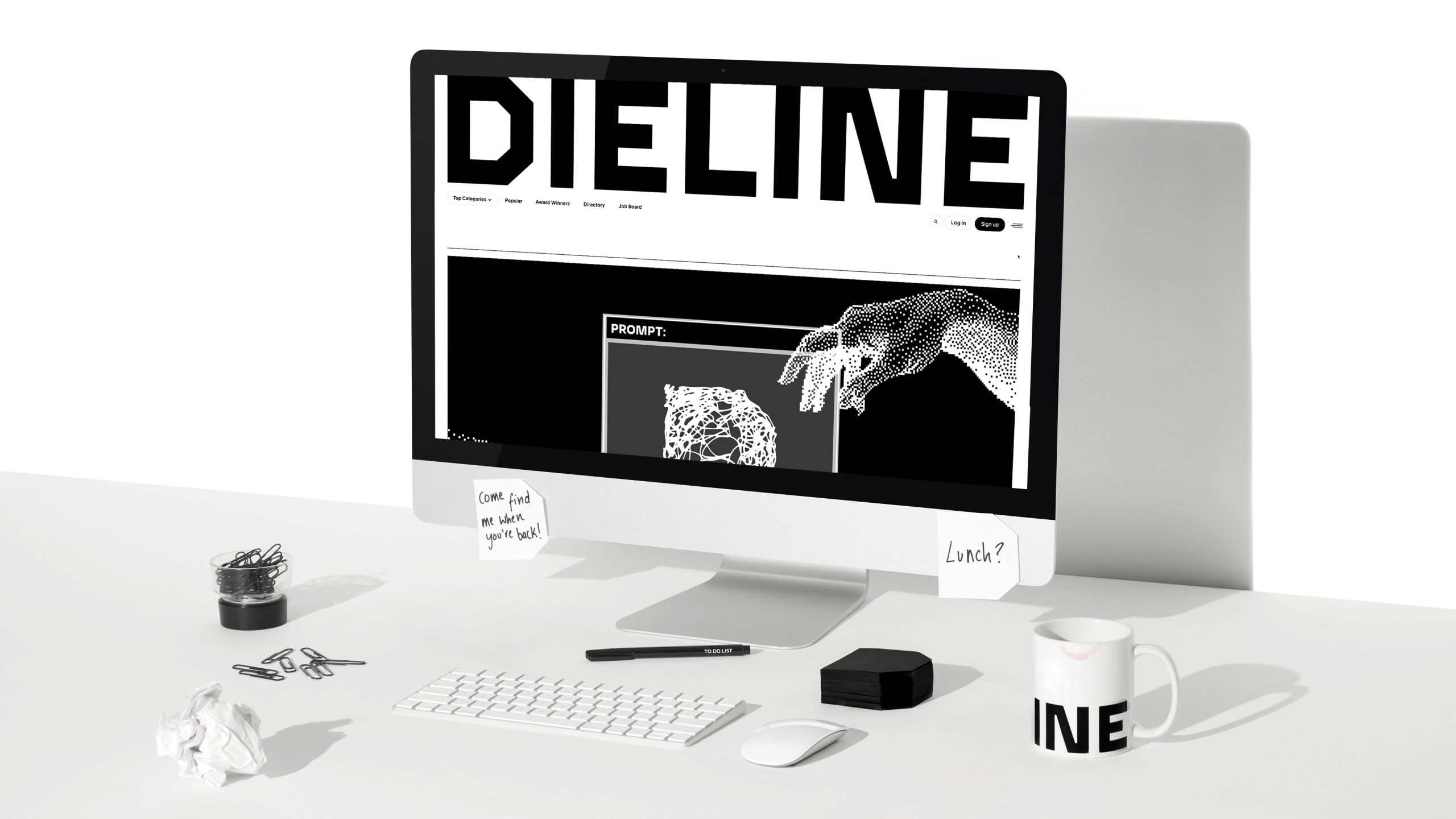We recently had the opportunity to talk with Hunter Lovins, founder of Natural Capitalism Solutions and author of the book A Finer Future: Creating An Economy In Service To Life.
Lovins, who is a professor of Sustainable Management for Bard’s MBA program, has championed sustainable development for over 35 years, co-authored 16 books, and consulted on business, economic development, sustainable agriculture, energy, water, security, and climate policies for scores of governments, communities, and companies worldwide. Time recognized her as a Millennium Hero for the Planet, and Newsweek called her the green-business icon.
In short—she knows her shit.
She shared with us her outlook on the global crisis and how she’s helping brands think and behave differently to improve the world we live in. Here are a few of the truths Lovins encourages us all to think more about.
“Give humanity the opportunity to grow up.”
Buckminster Fuller said that this is humanity’s final exam. There’s a lot to learn, and that takes time.
But we don’t have time. With a million species on the edge of extinction, ancient glaciers falling into the ocean, and countless bouts of apocalyptic weather, it is no wonder some scientists say the end of the world is near. “Accepting that collapse is the only outcome is profoundly irresponsible,” Lovins says.
“You are the result of 3.8 billion years of evolution—so act like it,” she adds. “We have all the solutions we need to solve the challenges facing us. Now is the time to implement renewable energy, regenerative agriculture, and a just transition. What we need is a different narrative. The current neoliberal narrative that we are all greedy bastards, but that’s OK because the market is perfect is not working. Science tells us that we’re not greedy bastards—humans care for each other; that’s why we love Facebook and hanging out together. Now is the time for every one of us to take responsibility and craft the future we want to live.”
“Regenerativeness is the principle that operates the universe. And it should be one that operates your business too.”
Lovins encourages those in leadership and decision-making roles to consider the following questions—what about your business practices are degenerative? Is what you are doing every day part of what is destroying the planet? How much do you have to cut your carbon footprint to solve the problem? Lovins often references a quote by John Fullerton. “Nature is sustainable because it is regenerative. If we wish to have sustainable systems, we will achieve that by implementing more regenerative practices.”
“Understand very clearly the changes you need to implement to make your company regenerative,” Lovins says, “That means bringing people in that know what they’re talking about. If you’re serious about making impactful changes, you need to have people working with you who know how to implement regenerative practices profitably. You need to set science-based goals for carbon emissions and to support regenerative efforts for your brand.”
She suggests looking at whiteoakpastures.com as a case for regenerative land practices and as a role model for regenerative practices. By building healthy soil, companies that manage land regeneratively are rolling back climate change at a profit.
“This is not about polar bears. It’s about enhanced profitability for you.”
Let’s be real—if we told you to keep three separate accounts tracking your environmental footprint, your social impact, as well as your profitability, you’d go nuts. And in tough times, guess what gets cut? If, on the other hand, we can show you that everything you do to implement more sustainable practices improves shareholder value, you’ll bake more of those methods into how you do business because it is the route to enhanced profitability.
This is what we call the Integrated Bottom Line. There are 13 different aspects to this—more regenerative practices cut your costs, they reduce your risks, and make you easier to insure. Plus, they make you more attractive to impact investors, which is now something like one in every four dollars under management. It also reduces the cost of distrust—Walmart cut in half the number of people saying that they would never shop at a Walmart with their sustainability efforts. This helped them to manage their supply chain. It is crucial to differentiate your brand and build customer loyalty.
“Perhaps most important, it underpins your HR strategy.”
“It allows you to attract, then retain the best talent,” Lovins says. “It enables you to achieve an engaged workforce, which delivers up to 18% higher productivity and 16% higher profitability.”
Lovins encourages leaders to look beyond the typical 5-year strategy or CEO term and have the courage to stand for something—and you’ll stand out. She commends and often refers to Paul Polman, former CEO of Unilever, for his social responsibility efforts in leadership. From the day he arrived, Polman changed Unilever’s policies to focus on the long-term value of the company versus short-term returns.
The New York Times reported in an article that “He stopped issuing quarterly guidance, signaling to Wall Street that he was not going to make decisions to improve the short-term stock price. He rolled out a long-term strategy to make Unilever a better steward of the environment and a more socially responsible business, known as the Sustainable Living Plan.”
The article goes on to say that “When he abolished quarterly guidance, shares fell 8 percent. But since then, Unilever’s stock price has shot up.” This marked a more than 290% return during Mr. Polman’s tenure. Plus, their newer Sustainable Living Plan brands delivered a record 70% of the turnover growth last year, growing 46% faster than the rest of the business.
“If you own fossils, you own climate change.”
The above quote by Ellen Dorsey is one that Lovins often uses in her speeches.
Your money is your most powerful asset. Lovins encourages putting your money where your heart is, or as Dorsey says, “Get off your assets.” Evaluate your 401k, and don’t invest in companies that aren’t making ethical choices. Put your money into those companies who do business the way our future economy needs. Change Finance helps deliver such investments. Investors who divest from fossil ownership shed risk and open themselves to the profit centers of the future. They also signal financial markets that it is time for an economy in service to life. For the price of a pizza, you can be an impact investor and move your money from harm to healing.
What can you do in your life to be part of the solution?
Lovins suggests to drive electric cars, implement solar, and look for more regenerative practices throughout your life. Start by understanding your carbon usage—organizations like Carbonfund.com enable you to detail your carbon footprint and offer offset for any carbon you have not eliminated. Lovins practices what she preaches, putting solar on her ranch, and driving an electric vehicle.
“Each one of us matters,” Lovins says. “Everyone matters, or no one matters. You matter. It matters that you act. It matters that you vote. But don’t fall in the trap that if you aren’t perfect, you can’t still be part of the solution. Don’t be too hard on yourself. But realize that time is short, and the time for inaction is over. Find what you care about and live a life that shows it.”




